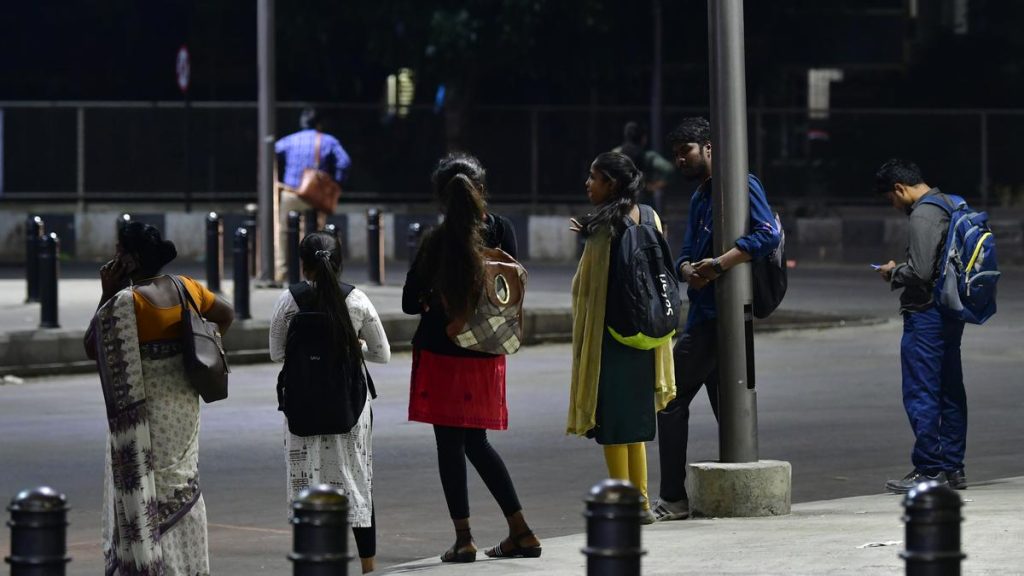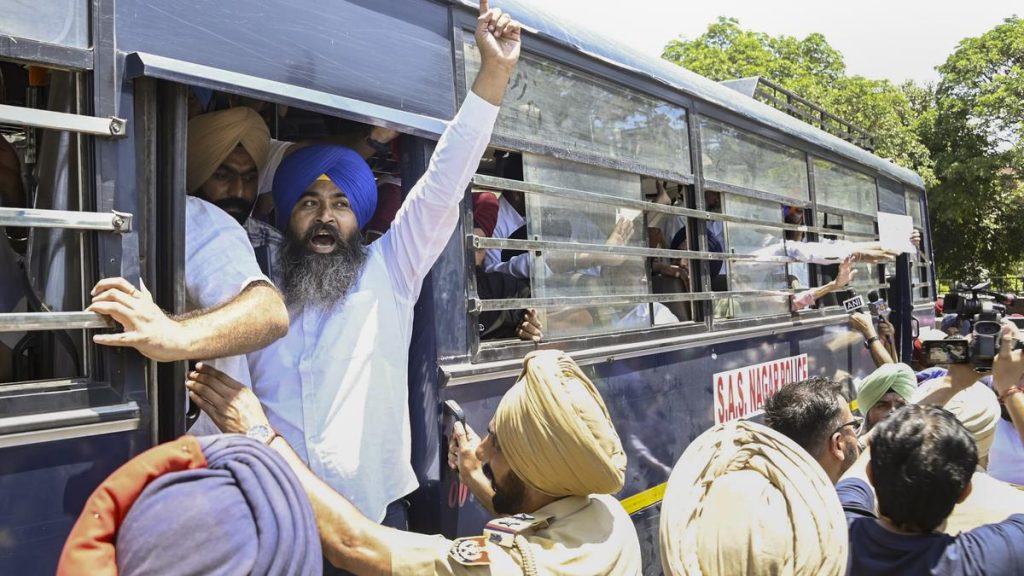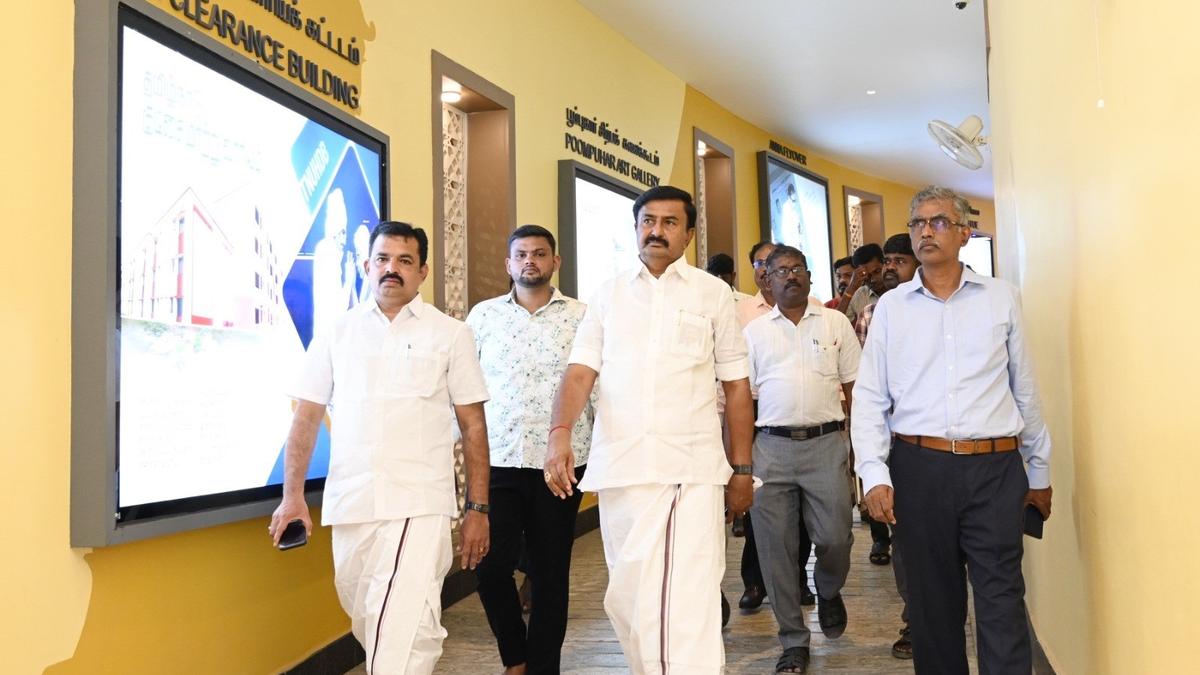Now Reading: Amit Malviya’s ‘No Language Called Bengali’ Remark Triggers Outrage, TMC Hits Back
-
01
Amit Malviya’s ‘No Language Called Bengali’ Remark Triggers Outrage, TMC Hits Back
Amit Malviya’s ‘No Language Called Bengali’ Remark Triggers Outrage, TMC Hits Back
Fast Summary
- BJP leader amit Malviya stated on social media that there is no distinct language called “Bengali,” claiming that it instead denotes ethnicity rather than linguistic uniformity. He supported the Delhi Police’s reference to Bangla as a “Bangladeshi language,” framing it as shorthand for profiling illegal immigrants from Bangladesh.
- The remarks triggered strong condemnation from West Bengal’s Trinamool Congress (TMC), with party leaders calling such narratives an attack on Bengali identity and culture.
- TMC spokesperson Kunal Ghosh labeled Malviya’s comments “linguistic fascism” and accused the BJP of attempting to erase Bengali culture and language, emphasizing that Bengali is constitutionally recognized in India.
- West bengal Minister Shashi Panja condemned Malviya’s assertions, asserting they are intended to undermine Bengal’s history, pride, and intellect. Prominent voices from the State also criticized the remarks.
- The controversy coincides with TMC protests against alleged targeting of Bengali migrants in various states.The party invoked Bengali identity (“asmita”) while calling for resistance through a “language movement.”
- Recently, migrant workers returning from Delhi accused local police of torture and extortion due to their linguistic background. Similar allegations were reported by workers returning from Gujarat.
Indian Opinion Analysis
The remarks by amit Malviya take place amid ongoing debates about regional identity and migration-related tensions between states like West Bengal and administrative authorities elsewhere in India. While Malviya’s argument differentiates “Bengali” ethnicity from linguistic markers used for profiling illegal immigrants, his comments have provoked anger in cultural-political circles that view them as dismissive toward West Bengal’s past contributions.
this incident underscores heightened sensitivities around perceptions of ethnic or regional bias linked to national policies such as border control or internal migration regulations. For India-a nation defined by its linguistic pluralism-these tensions risk deepening divides if left unaddressed at a policy level,particularly when constitutional recognition protects India’s diverse languages.
The accusations against police forces allegedly targeting specific groups further complicate matters with serious implications regarding community trust in law enforcement nationwide. Efforts toward inter-state dialog could be considered essential for addressing grievances rooted both in cultural pride and lawful treatment under uniform civic frameworks across all regions.
Read more: Source image credits: DEBASISH BHADURI / @TheHindu.com

























